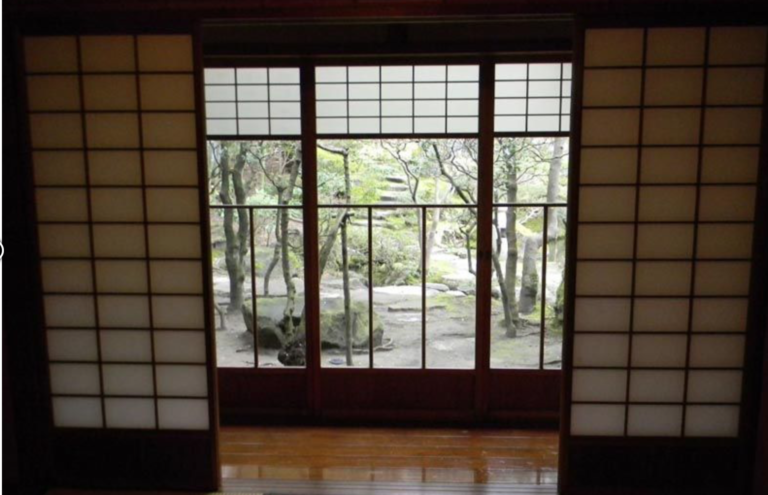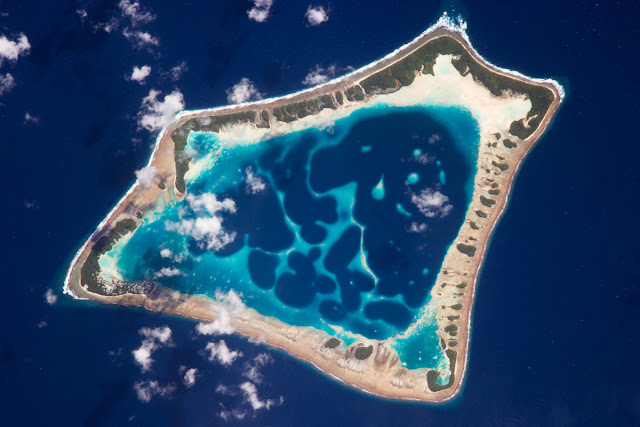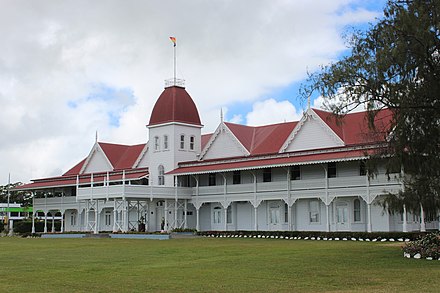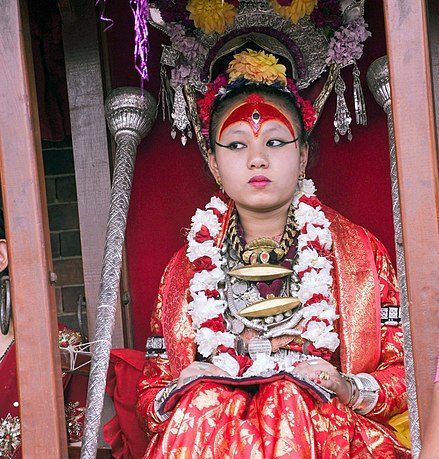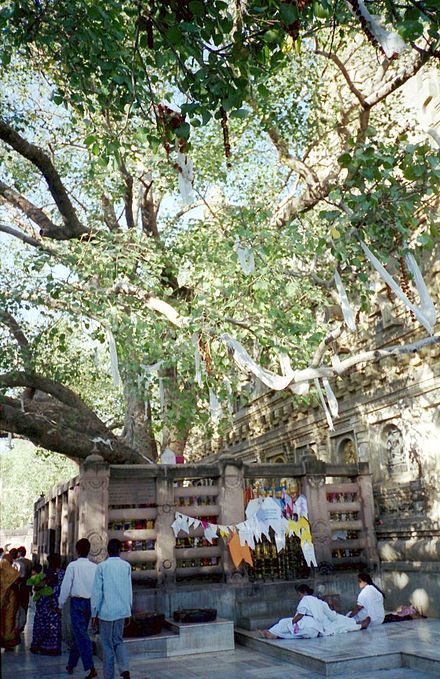A Visit to Zaria
The Commonwealth Secretary-General, backed by Britain, Canada and the United Nations, had the right contacts with both sides to begin an effort at mediation in the civil war which broke out between Nigeria and its eastern province which had seceded under the name Biafra in 1967. This involved endless flights to Lagos as we tried to shape a settlement or at least narrow the differences between the two. On one occasion the Federal Cabinet, anxious to get Arnold Smith and I out of the way while they debated our latest proposals, arranged for us to fly to the far north to brief the Emir of Zaria.
We left from Kaduna in the pre-dawn darkness, not especially cheered to find that we were in the hands of a New Zealand bush pilot whose hands shook so badly that he spilt half of the coffee he passed to me. The flight was without incident. The Fokker turboprop flew low enough to show the increasingly dry land which unfolded beneath us. Trees disappeared, replaced by grassland and then by scanty grass and scattered shrubs burnt brown by the sun. Then suddenly we were landing at the town of Zaria with walls of long-dried mud which had taken on a russet-pink colour. The palace of the Emir, also a brilliant pink in the noonday sun, had been prudently built at some distance from the town.
We were driven there and walked past heavy doors and through an ancient courtyard to a surprisingly modern waiting room, modern in that it seemed to be decorated entirely with photographs of successive British Residents in Zaria, all young men in their twenties and all equipped with a bicycle. Waiting gave time to reflect on this curious aspect of the Empire. Here and perhaps in most parts it did not run on a visible military or administrative presence. It ran on credit. Like a paper currency it had no solid backing, simply the confidence that it would be accepted. When an Emir of Zaria was tempted to behead evildoers on Fridays, a young man arrived on a bicycle to tell him to stop, and he did. When the young men left with the rest of the British the Emir quietly resumed his Friday beheadings.
It was still something of a surprise when we were ushered into the Emir’s presence. He was dressed in flowing white robes and wore slippers on his feet with points that curled over, exactly as in the picture-books of my childhood. Behind him two guards, bare from the waist up, stood rigid, holding heavy curved swords and also wearing pointed slippers. The whole scene breathed an assurance that there was no century quite like the 13th.
After that it took a breath or two to get to the Biafran civil war. The Emir listened and made one or two carefully unmemorable comments in good English, confirming that emirs had learnt over the centuries to keep their thoughts to themselves until the moment came to act. Coffee was served in little cups and when finished signalled that the interview was at an end. The Emir got to his feet, we stood and bowed respectfully and then he withdrew, followed by his guards after a last watchful glare at us.
When we were back in Lagos neither Arnold nor I could remember what if anything had been achieved by the visit. We both agreed, however, that it had been more than worthwhile to have stepped back into the 13th century for a few hours.
